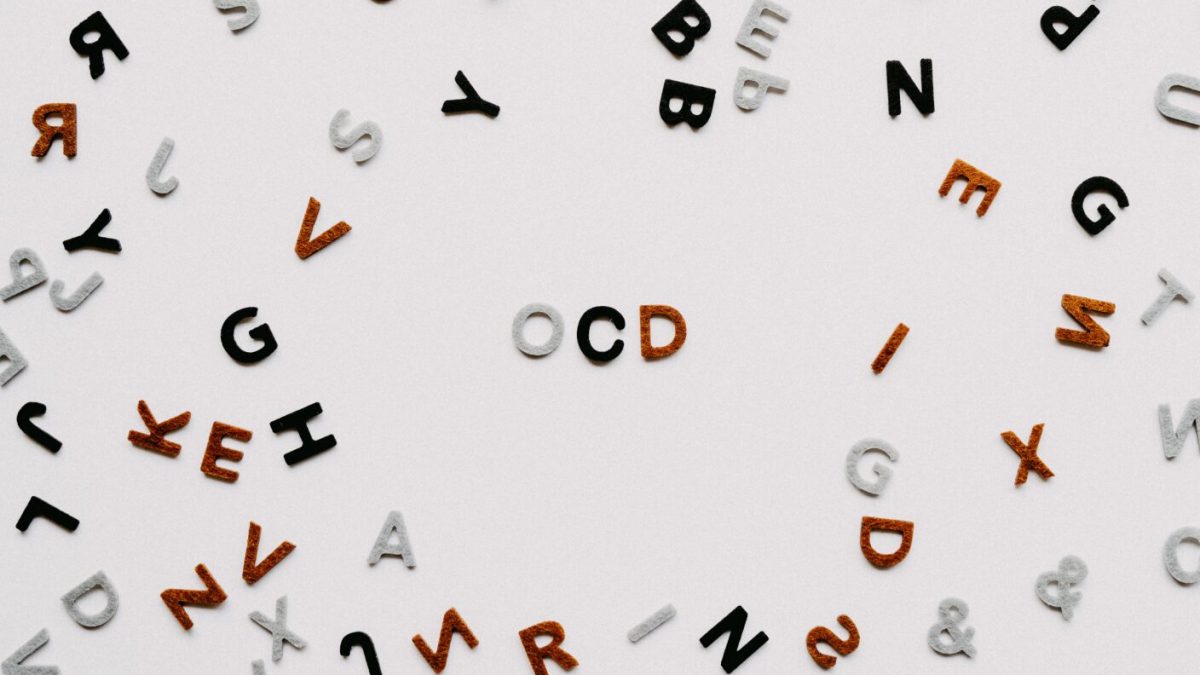
The Incredible Superpower of Breathwork.
September 27, 2022
Preparing for Fall & the Holiday Blues
October 7, 2022Obsessive-compulsive disorder (OCD) is a mental health disorder that can affect any individual, which occurs when an individual is in a cycle of obsessions and compulsions (International OCD Foundation, n.d.).
The two parts that make up obsessive-compulsive disorder are the obsessions and compulsions that a person experiences. Obsessions are unwanted, intrusive thoughts, images or urges that lead to intense feelings (International OCD Foundation, n.d.). Compulsions are behaviours that a person uses to attempt to decrease the obsessions and feelings that are associated (International OCD Foundation, n.d.).
A few treatment options for obsessive-compulsive disorder are therapy, medication, or a combination. Through therapy, it can help individuals face their fears and obsessive throughs. Common therapies that are used to treat OCD are cognitive behavioural therapy, exposure and response prevention therapy and acceptance and commitment therapy (Timmins, 2021).
Cognitive behavioural therapy focuses on the patterns and behaviours that have a negative effect on an individual’s emotions (Timmins, 2021). This may look like a better understanding the thoughts and the response that comes with the thoughts. While also recognizing that the thoughts don’t necessarily need to have actions taken (Timmins, 2021).
Exposure and response prevention therapy focuses on exposing an individual to their triggers and helping limit the use of the compulsion (Timmins, 2021). The goal of exposure and response prevention therapy is to create a tolerance to the anxiety the individual experiences (Timmins, 2021).
Acceptance and commitment therapy focuses on the idea that the thoughts are temporary (Timmins, 2021). Therapists will encourage an individual to stay in the present moment and to focus on their goals rather than the compulsions (Timmins, 2021).
All three of these therapy options have a different approach to treating the symptoms and anxieties that arise for an individual who is experiencing obsessive-compulsive disorder. Exploring these options could have a positive impact on an individual’s well-being while decreasing the symptoms of OCD.
References
International OCD Foundation (n.d.). What is OCD. Retrieved October 1, 2022, from https://iocdf.org/about-ocd/
Timmins, J. (2021, September 28). What is the best and most effective therapy for OCD. GoodRx Health. https://www.goodrx.com/conditions/obsessive-compulsive-disorder/best-therapy-for-ocd

Written by: Cassidy Laskosky, MACP
To book: Click Here





